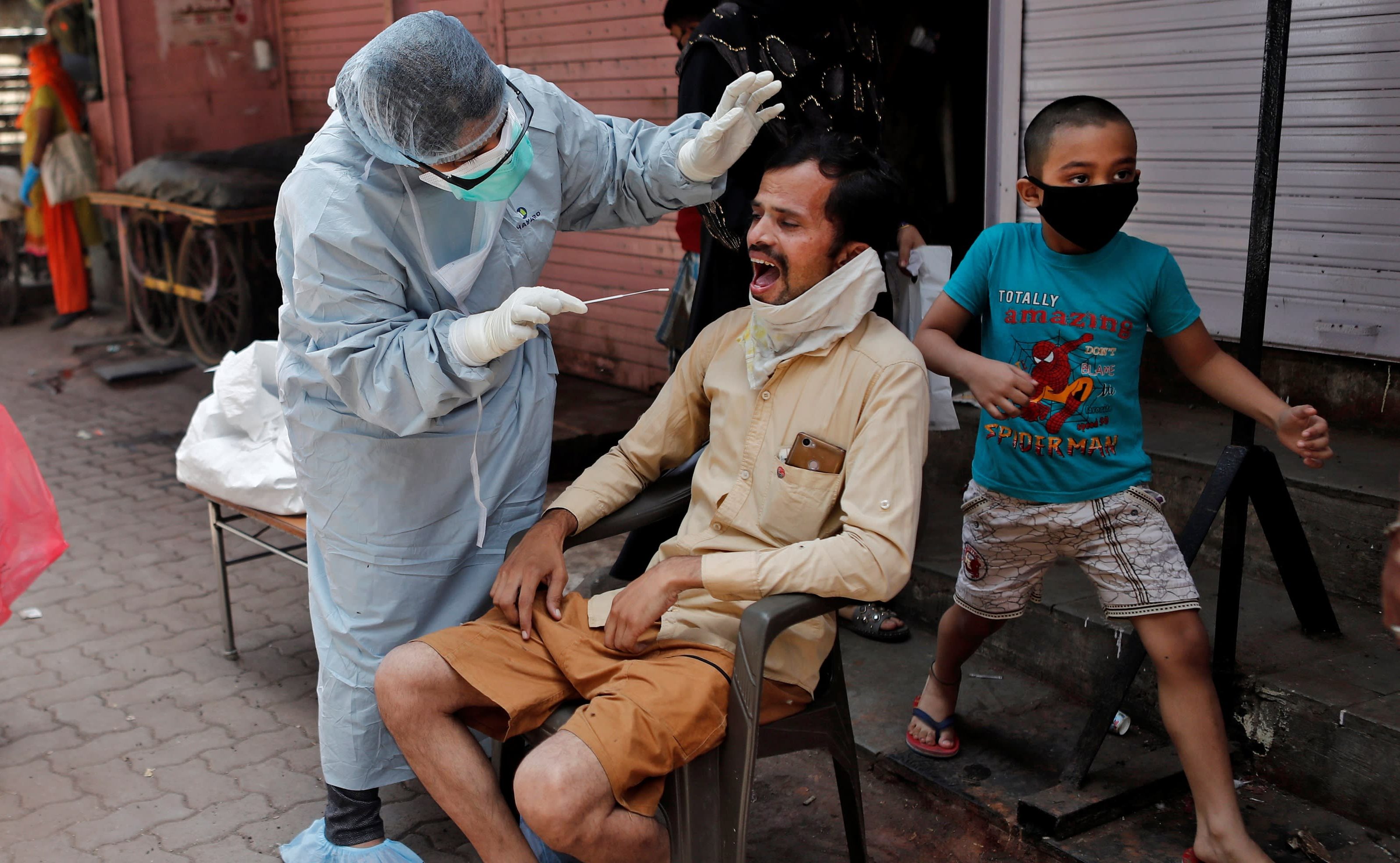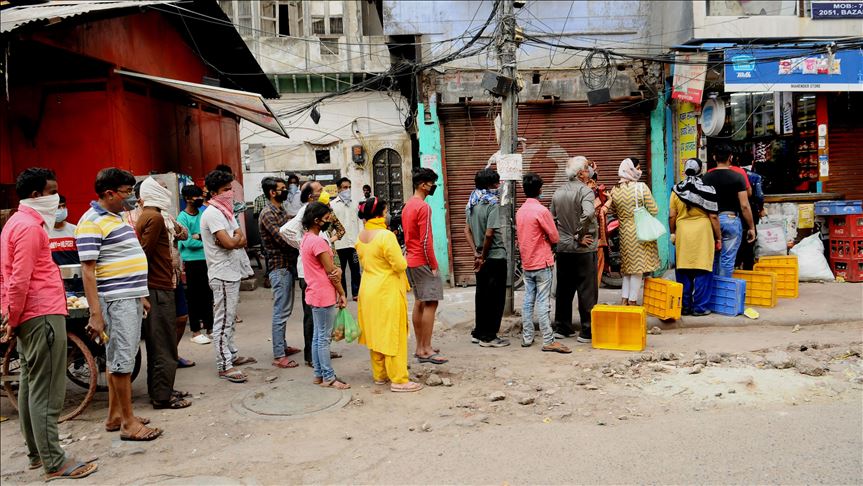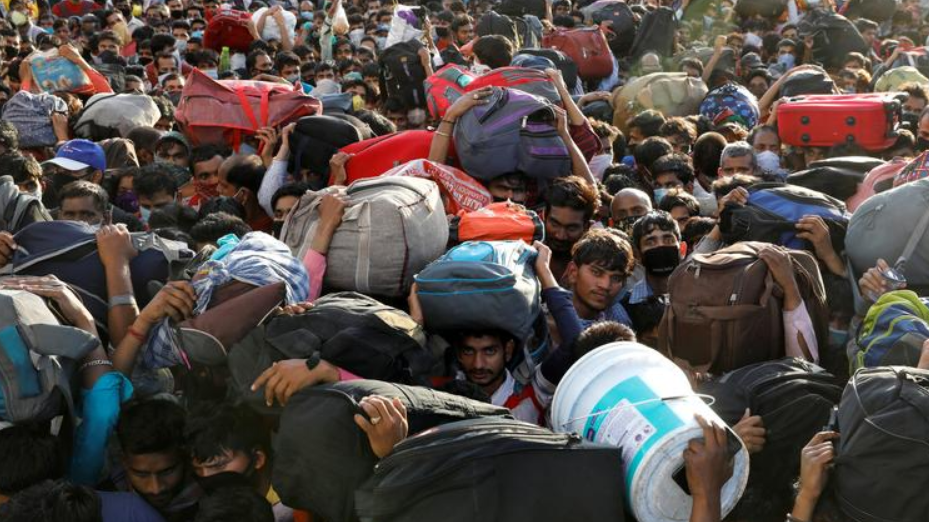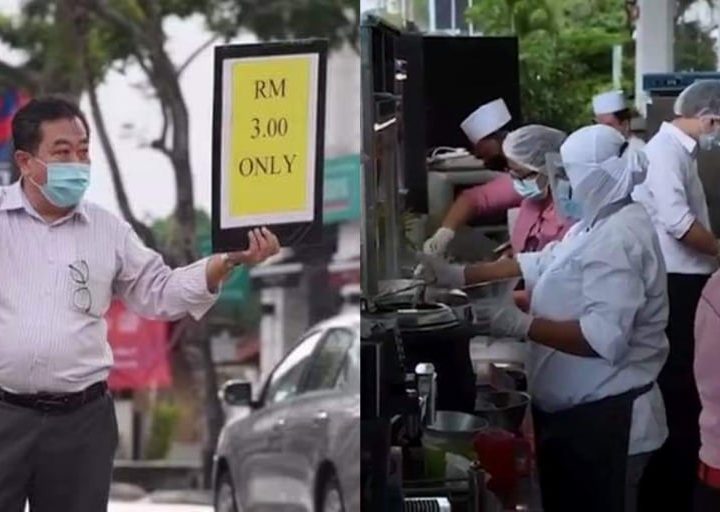India is Getting Closer to Herd Immunity Due to The Population’s Stronger Immune Systems
 Thirsty for JUICE content? Quench your cravings on our Instagram, TikTok and WhatsApp
Thirsty for JUICE content? Quench your cravings on our Instagram, TikTok and WhatsApp

Covid-19 Researchers around the world are closely following the developments in India, where herd immunity seems to be rapidly catching on.
In India, the number of new Covid-19 cases has been reduced to its lowest number in eight months. A recent survey found that around 50 per cent of residents in capital New Delhi, home to more than 30 million people, have developed antibodies against the virus.
Data from a government serological survey suggested that since the outbreak, the city is moving closer towards achieving herd immunity, becoming immune to the disease.
According to Delhi Health Minister Satyendar Jain, the survey detected antibodies in 56.13 per cent of the city’s population, compared to the last survey carried out with only about 26 per cent.

It was the largest survey carried out in any state with around 28,000 samples from 15 January to 23 January. “Cases are also declining at less than 200 per day and low positivity rates. But I would appeal to not let your guard down,” Satyendar said.
There were 8,635 new cases of coronavirus recorded on Monday, the lowest single-day cases in nearly eight months in India, reported The Indian Express.
India has reported more than 10.7 million infections since the first case was reported in the southern state of Kerala on 30 January last year, gradually increasing in May and peaking in mid-September with close to 100,000 cases daily. The country has seen a drop in new cases since October with only 160,000 active Covid-19 patients.

Indian health authorities are uncertain why some of the early predictions of a humanitarian disaster did not happen, but one explanation from public health experts is that Indians’ have stronger immune systems. Some epidemiologists said the poor who live in densely populated slums managed better than those with wealth and comfortable lives.
It is believed that one of the reasons is people living in slums could have been exposed to bacteria and viruses at an early age, due to poor sanitation, making them better able to handle the coronavirus. Another reason is that India has a relatively young population, with 65 per cent of the country’s population being under 35 years old.
India has started its immunisation programme on 16 January with 3.9 million people already vaccinated. Authorities hope to vaccinate some 300 million people by August this year.


 Get Audio+
Get Audio+ Hot FM
Hot FM Kool 101
Kool 101 Eight FM
Eight FM Fly FM
Fly FM Molek FM
Molek FM

